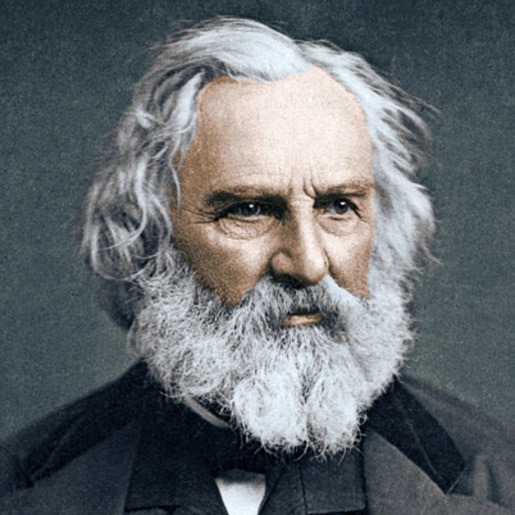Was The Word “Bull” in a Longfellow Poem Really Bowlderized to “Gentleman Cow”?
Here is the latest in a series of examinations into urban legends related to poetry and poets and whether they are true or false. Click here for an archive of all poetry legends featured so far.
POETRY URBAN LEGEND: Thomas Bowdler “bowdlerized” Longfellow’s “Wreck of the Hesperus” by editing “bull” to “gentleman cow.”
Thomas Bowdler was a physican at the turn of the 19th Century who is much more famous for the work he did with his sister, Harriet, in editing the works of Shakespeare into a form that would make it appropriate for women and children to read. Bowdler recalled when he was a child and his father would entertain the family with the plays of Shakespeare, his father would surreptitiously omit parts of the plays that he felt were inappropriate for the ears of his wife and children. Bowdler felt that many people would appreciate an actual text version on these omissions, so that they did not have to do the omitting on their own.
So Thomas and Harriet set out to edit Shakespeare (with Harriet taking the lead). Eventually roughly 10% of Shakespeare’s words had been expunged, with some of them replaced by other words and some words (and characters) omitted entirely. One of the most famous changes in the collection (titled The Family Shakespeare) was the edit made to Macbeth, where Lady Macbeth’s famous cry “Out, damned spot!” was altered to “Out, crimson spot!”
As you might imagine, even over 200 years ago their actions drew derision from the literary community, and soon the term “bowdlerize” was coined to describe inelegant edits designed to cut out “offensive” material.
As the story goes, one of the most egregious edits Bowdler ever made was when he edited a reference to a bull in Henry Wadsworth Longfellow’s classic poem, “The Wreck of the Hesperus”
She struck where the white and fleecy waves
Looked soft as carded wool;
But the cruel rocks, they gored her side
Like the horns of an angry bull.
from “bull” to “gentleman cow.”
And so “gentleman cow” has become a famous term for when someone is trying too hard to be inoffensive about a reference.
So, did this happen?
Nope.
You see, Longfellow’s poem came out a fully 17 years after Bowdler died! In fact, the actual wreck of the Hesperus (which inspired Longfellow) did not occur until 1839, 14 years after Bowdler’s passing!
Could someone else have bowdlerized Longfellow and come up with the “gentleman cow” term? Certainly possible, but it is impossible that the person who did it was Thomas Bowdler.
The legend is…
STATUS: False
Feel free (heck, I implore you!) to write in with your suggestions for future installments! My e-mail address is bcronin@legendsrevealed.com.







I am amused by the idea of Zombie-Bowdler editing stuff after he died…